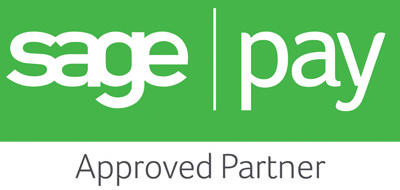How the Social Advertising Landscape is Changing – Part 1
When MySpace first arrived on the scene it changed the way people use the internet forever. That first social networking site was successful against a number of competitors; then when Facebook was introduced in 2006, it grabbed a large chunk of users who had outgrown the MySpace style. Twitter was not far behind and for many years these two platforms commanded the social space. These two sites still have a large market share of social media users but they have survived because they have developed with their users, adding new features to keep them interested and using their platform.Instagram, Snapchat and other messaging platforms also operate successfully in the social space, originally offering a niche product which has grown to provide similar levels of functionality to most other social networks.
YouTube and LinkedIn are also big players but with a different core purpose. YouTube has always been known as the premium video hosting site, while LinkedIn has made itself invaluable as the professional alternative to Facebook. Even Reddit, a site with a long history and a dedicated user base, which has always resisted advertising, has introduced features for marketers, so the social aspect of the internet, in all its channels, is open to advertising and promotion.
While the platforms may offer marketers tools for advertising each brand needs to carefully consider their audience and how they interact with social media. B2C companies with products that appeal to the easily influenced often use social media as their main advertising channel, and with in-app purchasing now available on several platforms, including Instagram and Snapchat, consumers now have the easiest journey from seeing a product to purchasing it. B2B companies have to be a bit more discerning with their choice of channel, as their customers may be predominantly LinkedIn users, or predominantly Facebook users, but they are still active on social media in some way.
Mark Zuckerberg announced at the 2019 F8 Developer's Conference, that “the future is private”. Coming from a the CEO of a company recently embroiled in a very public user privacy debate this may seem a strange statement, but his goal is to turn Facebook into a more private social space with an emphasis on messaging. Messaging is one use of social media which has been heavily criticised by those who fear that people are developing an over-reliance on technology for communication; while this fear may be founded there is still a lot to be said for the interpersonal connection aspect of social media. Online messaging brings people together from all over the world, often united by a shared interest or belief, and allows families to keep in touch with one another. You would be hard pressed to find a social media user who does not have some form of active group chat, whether that's a family group, a friendship group or a shared interest group.
Join us for part two where we look at what this all means for marketing.
